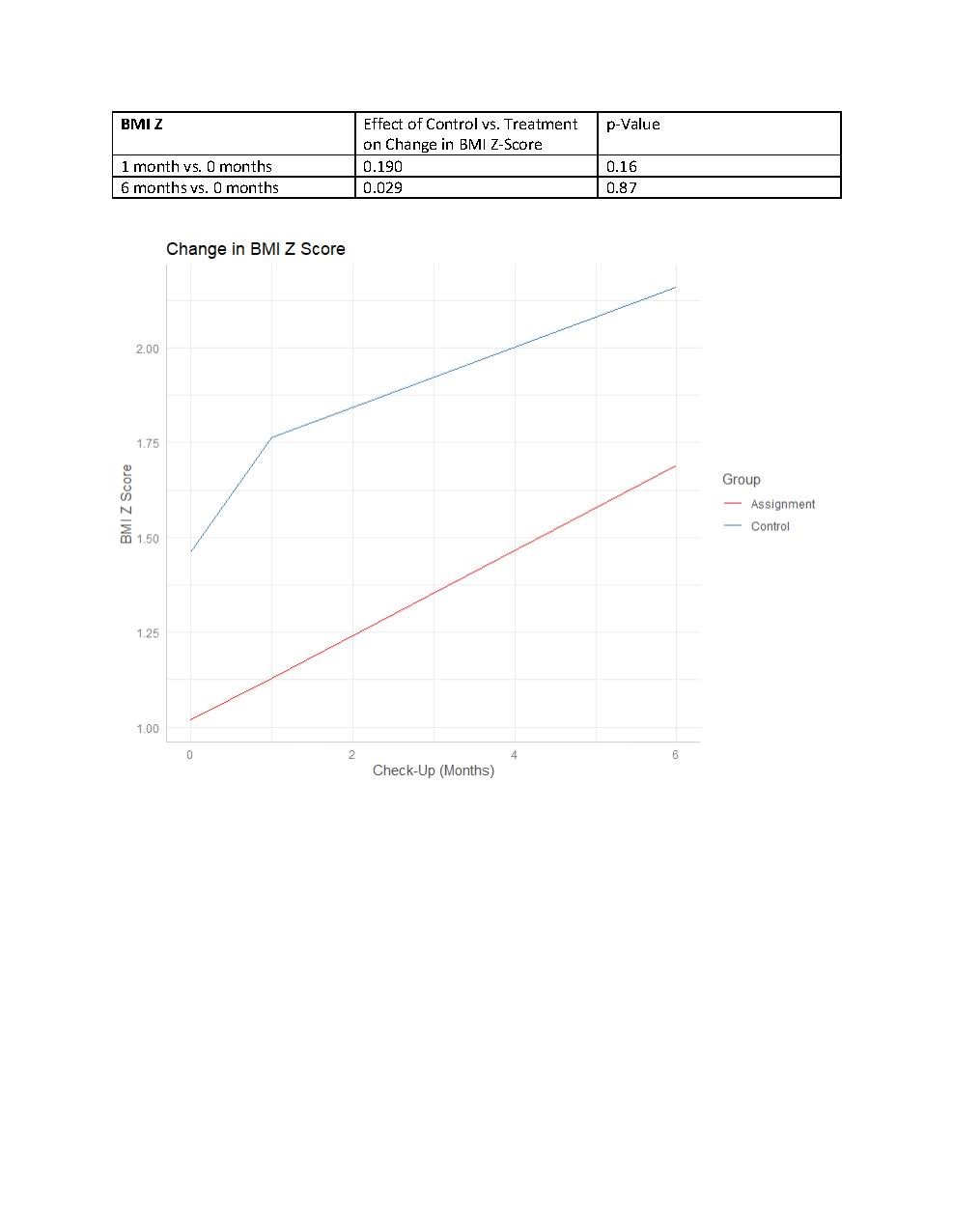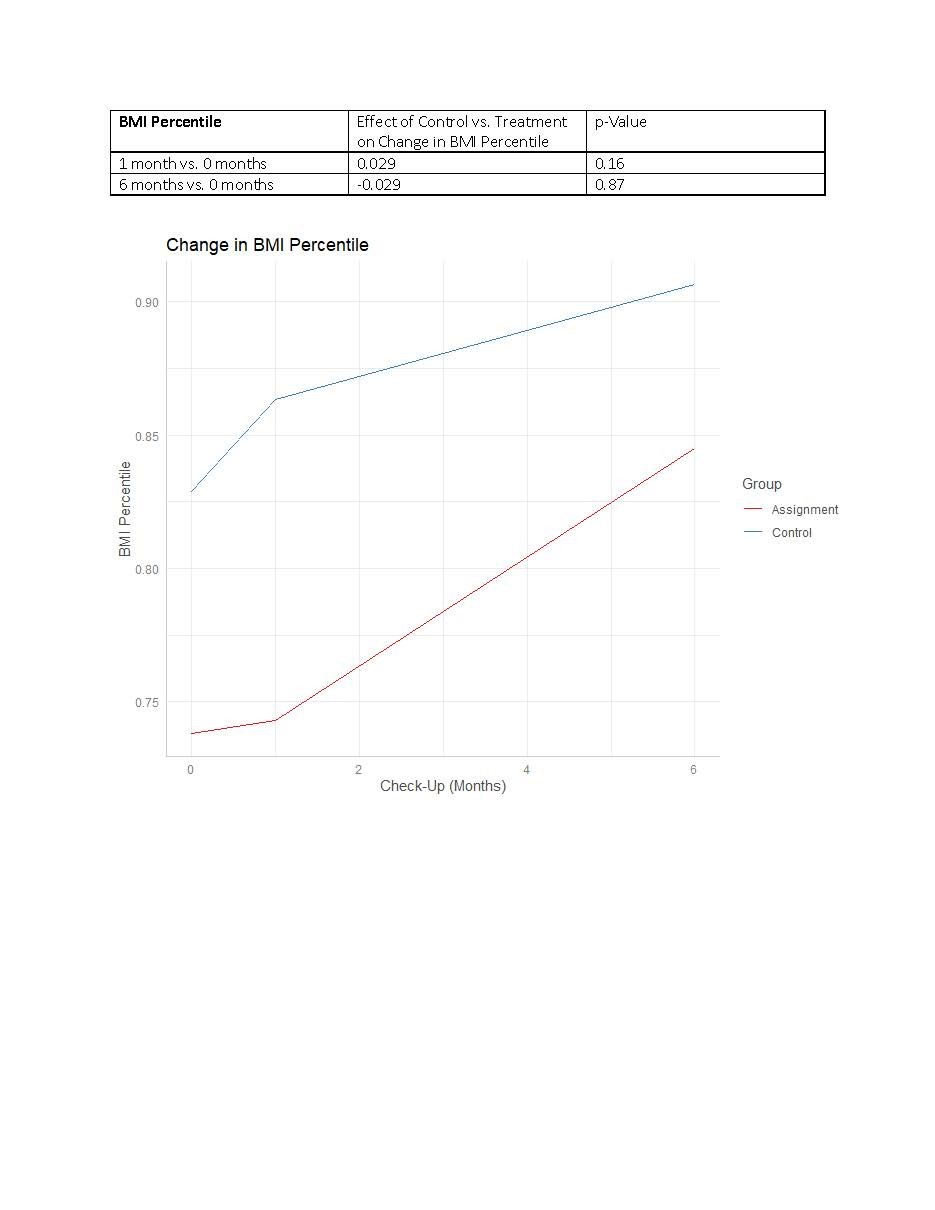Health Equity/Social Determinants of Health
Health Equity/Social Determinants of Health 6
650 - A Mobile Phone Pilot Intervention to Prevent Obesity in Latino Preschool Children
Publication Number: 650.317

Alma D. Guerrero, MD
Associate Professor of Pediatrics
UCLA DGSOM
Los Angeles, California, United States
Presenting Author(s)
Background:
MHealth pediatric obesity interventions can provide mechanisms to address demanding in-person weekly protocols and lengthy curricula. Existing mHealth studies, however, focus less on preschool aged-children, Latino caregivers that may prefer Spanish content, and study samples that are racially and ethnically diverse.
Objective:
Objective: To use a pilot randomized controlled trial to evaluate the feasibility and preliminary effect size of a stand-alone-mobile-phone intervention, offered in both English and Spanish, to reduce BMI among 2-to 5-year old Latino children.
Design/Methods:
Methods: A convenience sample of Latino caregivers of 2 to 5-year old children were recruited from community agencies in an urban setting and randomized into an intervention or control group. The intervention group received four interactive multi-media mobile phone messages using a web-based platform in either English or Spanish every week for one month. The messages focused on building caregiver strategies to support evidence-based and age appropriate dietary, media-viewing, and physical activity practices. One month after, “booster” doses were sent to reinforce the content. The control group received multi-media phone messages at the same time and frequency every week using the TXT4Tots library of messages on nutrition, healthy eating, and physical activity. Child height and weight measurements were completed using a standardized self-measurement protocol at baseline, 1- and 6-month post-baseline. Mixed effects growth modeling was used to analyze the intervention’s effect on outcomes of weight and BMI.
Results: The study included 59 low-income Latino caregivers of 2- to 5-year old children (32 intervention and 27 control). The average uptake of text messages among intervention and control groups were 45% and 53%, respectively. The retention rate at 6-months post-baseline measurements was 95%. The treatment effect of the intervention at 1-month was a decrease of 1.6 pounds (p=0.08), a reduction of 0.03 by BMI percentile (p=0.16) and a reduction of 0.19 BMI by z-score (p=0.16). These changes compared to baseline were not sustained at 6-months post-baseline.
Conclusion(s):
Conclusion: The pilot study shows promise in addressing weekly in-person and lengthy curricula of most interventions. There was sustained use and engagement with the content in English and Spanish, a high retention rate, and weight and BMI changes trending in the positive direction at 1-month post-baseline. These preliminary findings have important implications for future interventions to address Latino disparities in early childhood obesity. 

.jpg)
